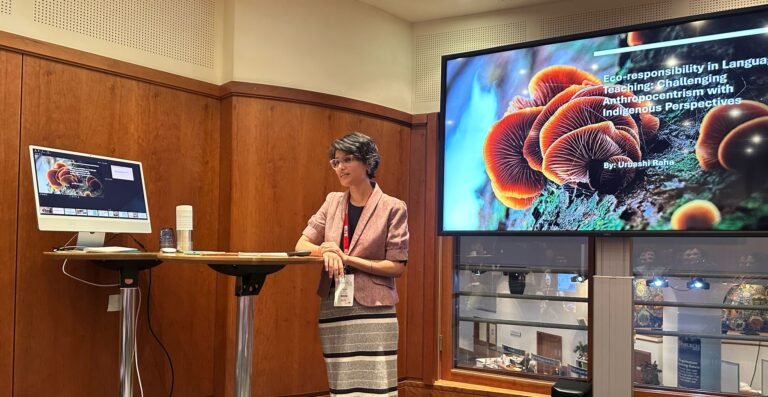#1
Land-based Learning
Step outside the four walls of your classroom. Allow the land to be your teacher and guide in this learning journey. Rekindle and reconnect with natural spaces and learn to include them in your teaching and learning practice.

Guided Forest Walk
Join a community of like-minded educators dedicated to bringing eco-response-ability into teaching, learning, and research in the field of English language instruction for adults.
Unlearning Colonial Ways of Interaction
Food is not just something that fills our stomach—it carries multiple relationships, a web of nourishment for both human and non-human relatives. In this walk, educators would be invited to reflect on the interconnectedness between land and humans through food.
#2
Decolonial and Inclusive Pedagogies
A lot has changed in the field of English language research over the years, yet these concepts do not find their way into our classroom. We are stuck with age-old methodologies and ideologies of native speakerism in our teaching practice.
My aim is to bridge the gap between research and classroom practice. Join us in learning about inclusive teaching practices based on scholarly research.

